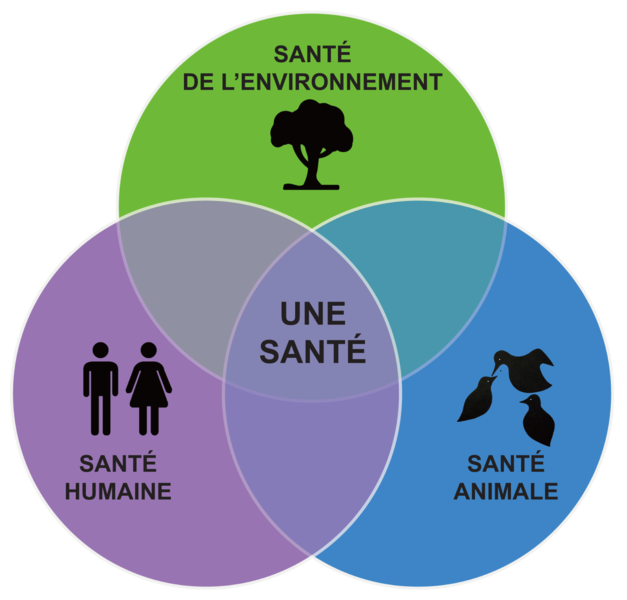Gene expression plasticity, genetic variation and fatty acid remodelling in divergent populations of a tropical bivalve species
Résumé
Ocean warming challenges marine organisms' resilience, especially for species experiencing temperatures close to their upper thermal limits. A potential increase in thermal tolerance might significantly reduce the risk of population decline, which is intrinsically linked to variability in local habitat temperatures.
Our goal was to assess the plastic and genetic potential of response to elevated temperatures in a tropical bivalve model, Pinctada margaritifera. We benefit from two ecotypes for which local environmental conditions are characterized by either large diurnal variations in the tide pools (Marquesas archipelago) or low mean temperature with stable to moderate seasonal variations (Gambier archipelago).
We explored the physiological basis of individual responses to elevated temperature, genetic divergence as well as plasticity and acclimation by combining lipidomic and transcriptomic approaches.
We show that P. margaritifera has certain capacities to adjust to long-term elevated temperatures that was thus far largely underestimated. Genetic variation across populations overlaps with gene expression and involves the mitochondrial respiration machinery, a central physiological process that contributes to species thermal sensitivity and their distribution ranges.
Our results present evidence for acclimation potential in P. margaritifera and urge for longer term studies to assess populations resilience in the face of climate change.
Fichier principal
 LeLuyer-2022-JAnimEcol-GeneExpression-MANUSCRIT.pdf (941.05 Ko)
Télécharger le fichier
LeLuyer-2022-JAnimEcol-GeneExpression-MANUSCRIT.pdf (941.05 Ko)
Télécharger le fichier
| Origine | Fichiers produits par l'(les) auteur(s) |
|---|

